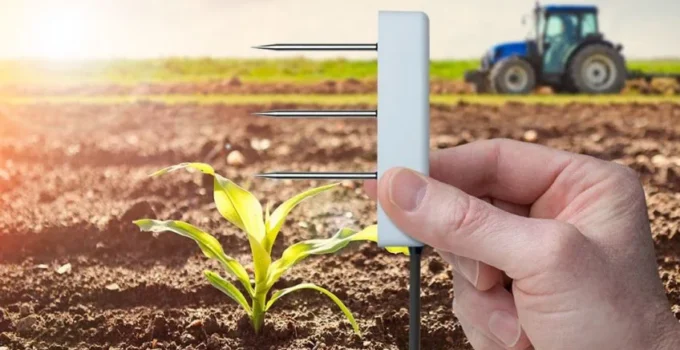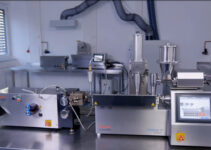In the world of modern agriculture, growers try their best to maximize crop yield. One factor that significantly impacts crop yield is soil moisture. Understanding this can help growers learn more about the health of their crops and increase productivity.
In this guide, we will look at:
- Why soil moisture is important?
- Conventional ways to measure soil moisture.
- The role of technology in soil moisture measurement.
- Advantages of soil moisture measurement systems.
Page Contents
Importance of Soil Moisture for Crop Yield
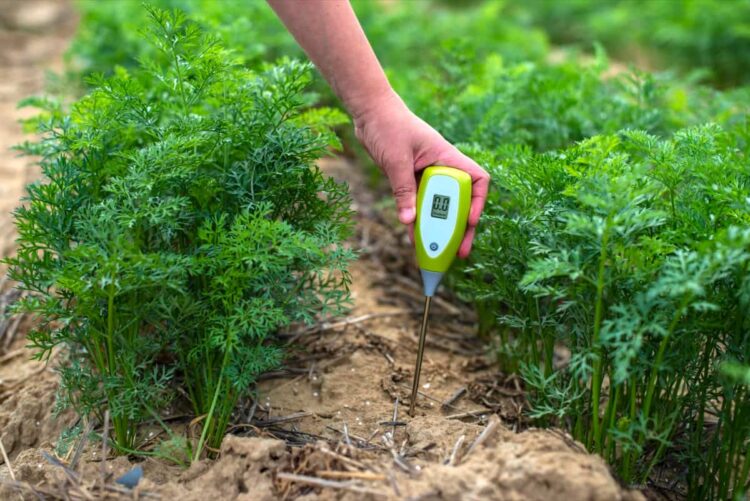
Source: agrifarming.in
Soil moisture is a critical factor in the growth and development of plants. It influences various physiological processes, including nutrient uptake, photosynthesis, and transpiration. Insufficient or excess soil moisture can cause stress and lead to reduced yields or even crop failure.
By monitoring soil moisture levels, farmers can make informed decisions regarding irrigation scheduling and water management. They can ensure that the plants receive the optimum amount of water, preventing water stress or waterlogging.
Traditional Methods of Soil Moisture Monitoring
In the past, farmers have been accustomed to using hands-on techniques for gauging soil moisture levels. This involved visually inspecting the soil, relying on the sense of touch, and using uncomplicated tools such as soil moisture meters. While these approaches offer fundamental insights, they come with a subjective touch and demand a considerable amount of time. Additionally, they fall short in delivering real-time data, posing challenges in making precise decisions about irrigation and water management.
Fortunately, you can remotely monitor your irrigation nowadays with modern technology. The software is easy to use. And you can also deliver the exact amount of water you need.
How Technology Aids Modern Agriculture
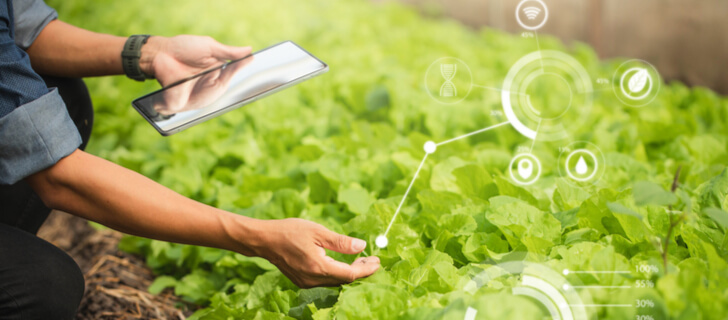
Source: farmingfarmersfarms.com
Thanks to technological advancements, farmers today have access to cutting-edge soil moisture monitoring systems that offer precise and real-time data. These systems make use of a variety of sensors and probes inserted into the soil to measure moisture content at different depths. The collected data is then transmitted wirelessly to a central monitoring station, where it can be analyzed and interpreted.
The impact of technology on farming practices is truly transformative. Soil moisture monitoring systems empower farmers with a comprehensive understanding of how moisture is distributed across their fields. They can pinpoint areas that need more irrigation attention and identify spots at risk of waterlogging. This level of insight allows farmers to make informed decisions about irrigation scheduling, optimize their water usage, and, ultimately, achieve the best crop yield.
Benefits of Using Soil Moisture Monitoring Systems
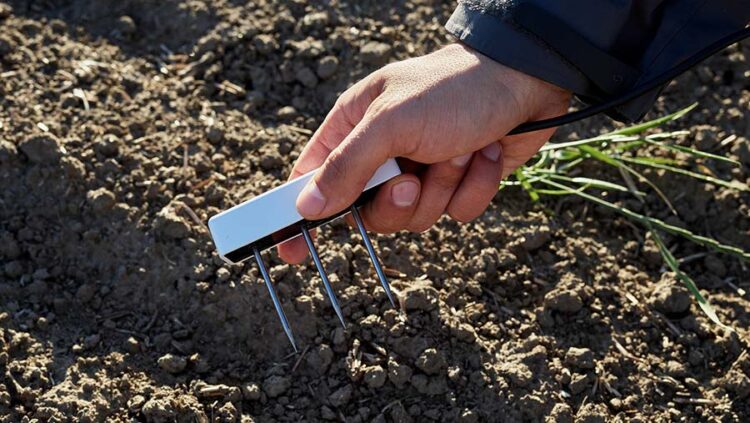
Source: fwi.co.uk
Real-time Information
They provide real-time data, allowing farmers to make timely decisions based on accurate information. This helps in preventing water stress or waterlogging, leading to healthier and more productive crops.
Higher Level of Precision
Farmers can monitor soil moisture levels at different depths, enabling them to fine-tune their irrigation practices. They can tailor the irrigation schedule to match the specific needs of different crops and soil types, ensuring optimal growth and yield.
Cost-Effectiveness
By optimizing water usage, farmers can reduce their water consumption and save on irrigation costs. They can also minimize the risk of over-irrigation, which can leach nutrients from the soil and lead to environmental pollution.
A Critical Measurement
In the realm of modern agriculture, keeping tabs on soil moisture proves to be indispensable for understanding and optimizing crop health and productivity. And by harnessing the synergy of technology and data, farmers can unlock the full potential of their crops, conserve precious water resources, and actively contribute to a more sustainable future.

